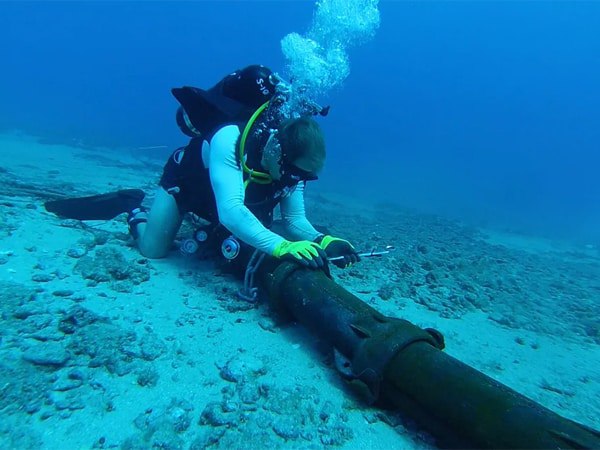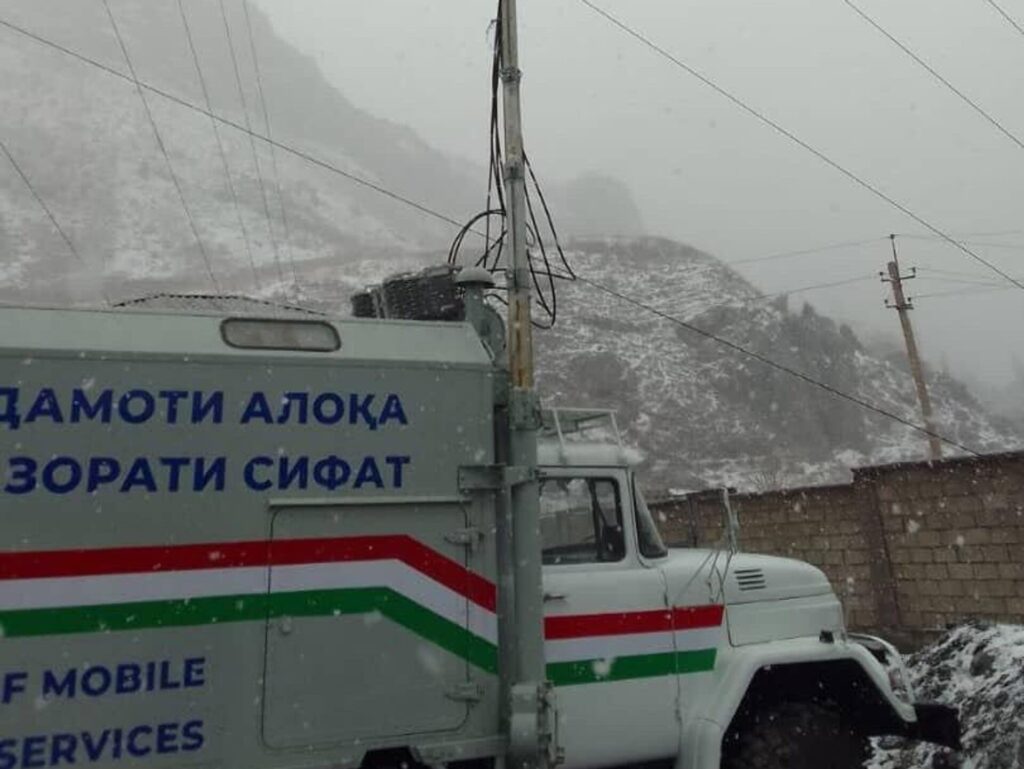Azerbaijan and Kazakhstan to Invest in Fiber Optic Cables in Caspian Sea
More than $50 million will be invested by Kazakhstani and Azerbaijani operators in laying fiber optic fiber along the bottom of the Caspian Sea. Kazakhstan's minister of digital development Zhaslan Madiev has announced: "Today, a joint venture between Kazakhtelecom JSC (Kazakhstan's national telecommunications company) and Azertelecom LLC has been established, and a tender to select a contractor for designing and laying an underwater FOCL is being finalized." The laying of optics on the bottom of the Caspian Sea will total 370 kilometers. "Investments of Kazakhstan and Azerbaijan telecom operators will total more than 23 billion tenges ($50.6 million)." Madiev also said that introducing 5G mobile communication in Kazakhstan should be completed by the end of 2025. According to him, by the end of 2027 cellular operators will invest almost $1 billion in the country's telecommunications industry. The Trans-Caspian fiber-optic communication line (FOCL) project along the Caspian Sea bed is part of the Digital Silk Road project, which envisages the creation of a digital telecommunications corridor between Europe and Asia. Earlier, it was reported that the deadline for the project's realization was 2025.






